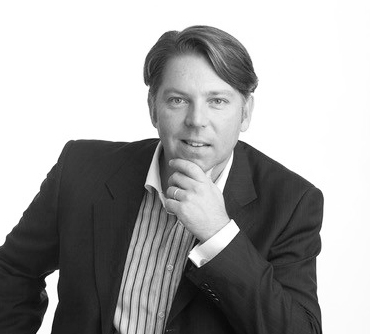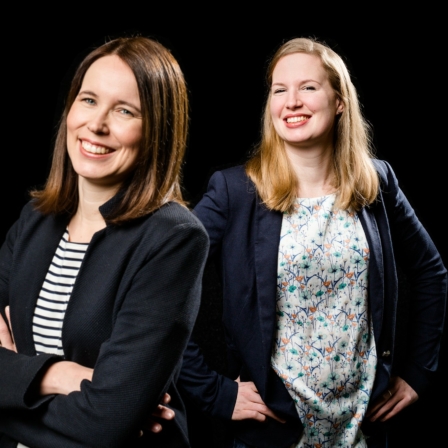Years ago, I was presenting an evaluation report to the management group of a ministry. The presentation was constantly interrupted by the permanent secretary’s comments and questions on a subject that was important to them. Finally, the minister got frustrated, raised a hand and said strictly: “Kalle [the name has been changed], shut up and listen to the evolutionist.”
This was a source of amusement for me and my colleagues for several years, but seriously, I would rather be an “evolutionist” than an evaluator. An evolutionist is someone who believes that all organic life evolves from generation to generation through a process called natural selection. What could an evolutionist do?
A frequently occurring problem with external assessments is that an independent evaluator, or the one carrying out the assessment, approaches the subject with highly insufficient basic knowledge (and sometimes also an insufficient understanding) and, when collecting assessment material, tries to understand what the organisation or programme being evaluated is actually doing and what root causes could be behind the problems detected. When the evaluator is approaching the destination of their arduous journey, they are expected to provide profound and insightful recommendations about how the problems should be solved in the future. This is not how it should go!
The world is so complex and the questions of public policy are so knotty and interdependent that not even the wisest Nobel laureate can solve an organisation’s problems from the outside. Instead, a Nobel laureate or, more modestly, a skilled evaluator) can pose just the right questions to help the organisation’s management and personnel understand the fundamentals required by systemic change and, at their best, can offer frames of interpretation and thinking models that contribute to new insights into the organisation being evaluated. In this way, organisations can, together with their customers and stakeholders, solve these problems. This evolution partner could be called an evolutionist, the term accidentally coined by the minister.
Five key characteristics of a good evolutionist:
- The evolutionist knows how to listen and allow room for different views and interpretations.
- The evolutionist supports a holistic process of systemic change and does not get side–tracked by insignificant details.
- The evolutionist knows how to create syntheses and analyse the connections and dependencies among different phenomena.
- The evolutionist understands the organisation’s strategic leeway. The evolutionist has the serenity to accept the things that cannot be changed, the courage to motivate people to change the things that can be changed and the wisdom to know the difference.
- The evolutionist understands their role and avoids promoting their own interests in any of their actions.
Systemic evaluation supports the emergent development of an organisation or a group of organisations. In this, the organisation must constantly refine existing operations in close dialogue with customers and stakeholders and at the same time seek new approaches and innovations in a complex and hectic environment.
Systemic evaluation demands that the evaluator has the sensitivity to identify factors of change and help the organisation being evaluated to take controlled risks amid great uncertainty. Researchers (such as Sami Paju) call this simultaneous development “ambidexterity”. In this demanding task, both the evaluator and the organisation’s management must be capable of freeing themselves from their measurement fetish and allow more room for understanding, intuition and creativity.
As far as we “old-school” evaluators are concerned, this requires the downloading of an entirely new evaluation operating system. The task is challenging but not impossible. Regardless, I want to become an evolutionist when I grow up.



RECOMMENDED
Have some more.